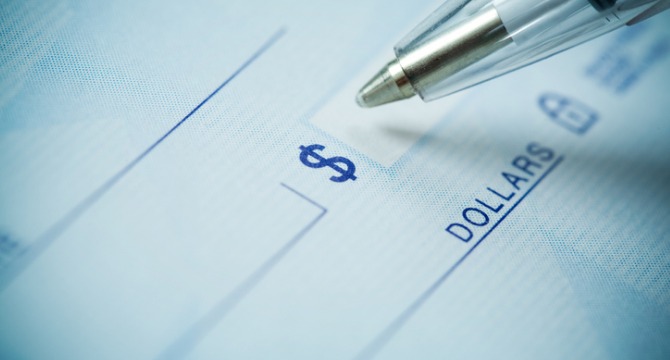Putting PAID to Non-Compliant Payroll Practices: Is the DOL’s Payroll Self-Audit Program Right for You?

Remember full-service gas stations? These days, we have self-service pumps. Remember cashiers at the grocery store? Now, most chains offer self-service checkout. Remember the DOL auditing your labor practices? Not so fast – they still do that. But now employers can take the “do-it-yourself” approach too!
While it is easy to see the convenience and time savings of self-service at the gas station and the supermarket, it is not quite so obvious when it comes to the DOL. But they just may be on to something. As we previously reported, last spring the Wage and Hour Division (WHD) of the Department of Labor (DOL) launched the pilot Payroll Audit Independent Determination (“PAID”) program. Due to its success, the PAID program has been extended for another six months.
The PAID program is a voluntary compliance program through which eligible employers can self-report wage and hour violations with a promise to improve compliance in the future and prompt payment of all back wages due to the affected employees. In return, the employers can resolve the problem without costly litigation and civil penalties. So far, the program has been well received by most stakeholders.
The Upside
The DOL has thrown its full weight behind the PAID program. 2018 was a year of record-breaking outreach by the DOL, and information about the PAID program played no small part. Taking its show on the road, the DOL has put on numerous seminars teaching employers about the PAID program throughout the country, and more are scheduled in the coming months. Eligible employers are encouraged to self-identify and report non-compliance to the WHD. The WHD will then confirm the report for accuracy and, if approved, ensure prompt payment of all back wages owed to impacted employees and assist in obtaining an enforceable release of claims relating to this pay practice against the employer.
The key eligibility criteria are that the employer not be currently under investigation or involved in litigation for the wage practice at issue and not have been found guilty by a court for related improper wage practices in the past five years. The WHD will not assess “liquidated damages,” (which can be an amount equal to the total back wages due) or charge legal fees – both of which are available to employees if they sue in court. To further incentivize participation, the WHD will not target participating employers for future investigations based on the information reported.
The Downside
Just as the program is voluntary for employers, the program is also voluntary for employees. Employees are not required to waive their rights and accept the check when making a report under the program. In addition, compliance with the federal program does not mean that employers are given a clean slate for compliance with state laws. In fact, some ten state attorneys general have raised concerns that the PAID program provides a “get out of jail free” card to employers who haven’t met their state law obligations.
Should You Participate?
The PAID program may be a viable option for employers that have identified non-compliant pay practices and want to improve compliance and resolve outstanding liabilities. However, in some circumstances, participation may not result in a painless recovery. Even in situations where participation is the right call, effectively communicating the remedy to employees is as important as the cure itself. If you choose to participate, make sure to consult with counsel, know your state laws, commit to compliance going forward and, of course, get in before the pilot program ends.
